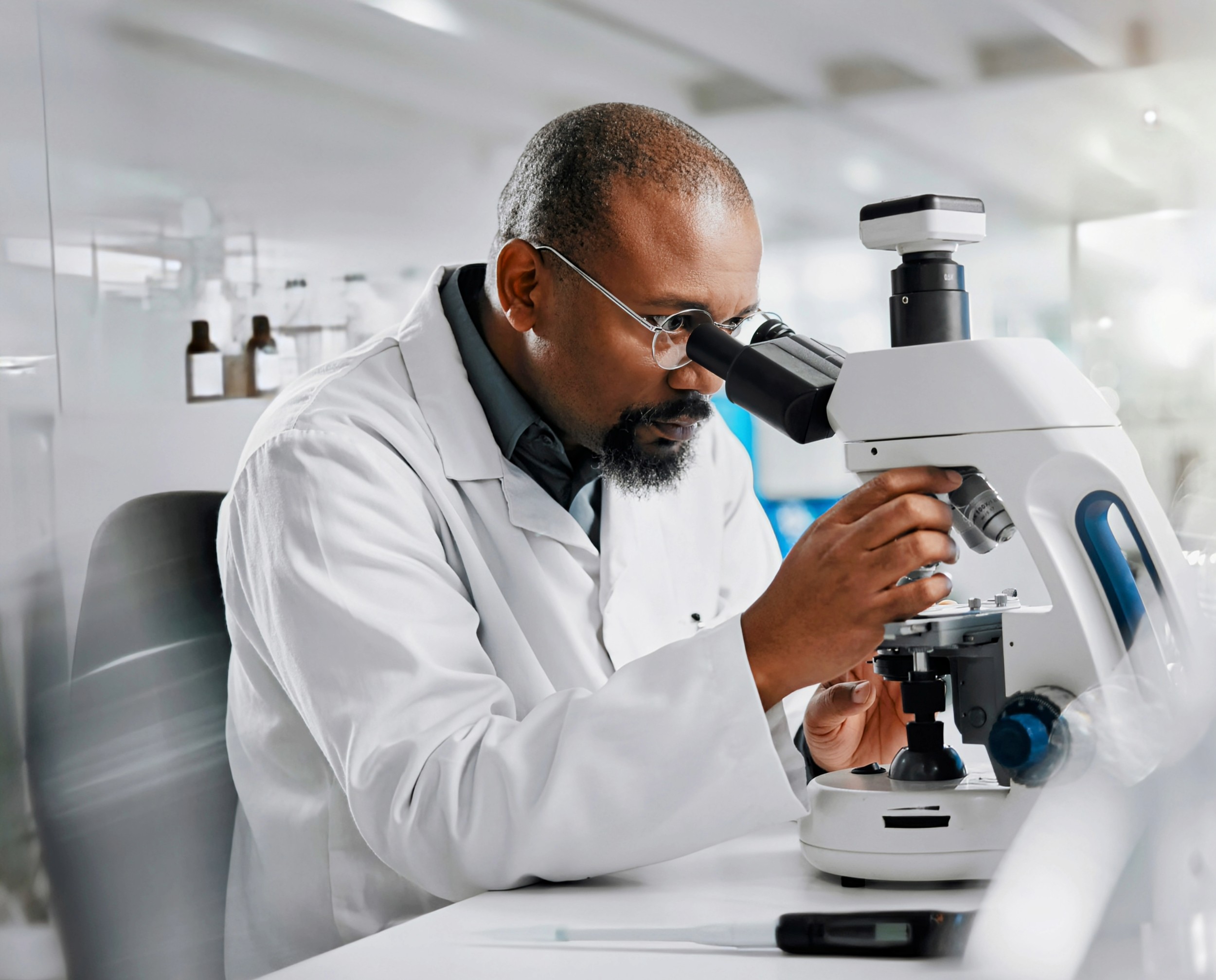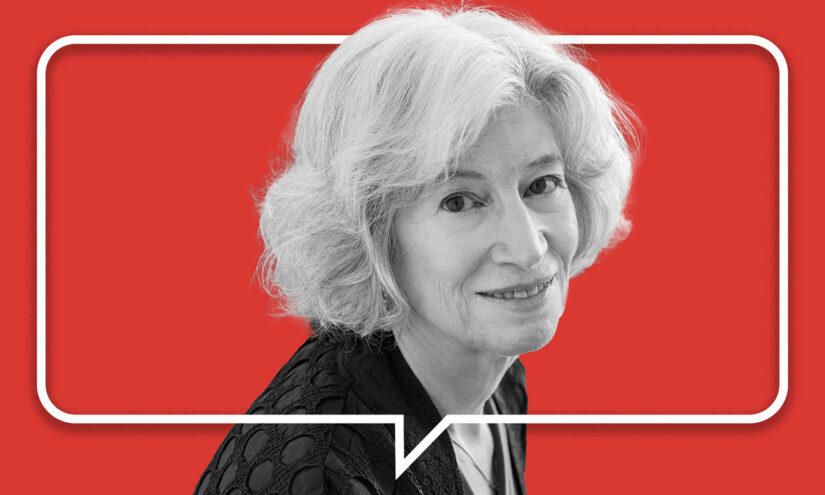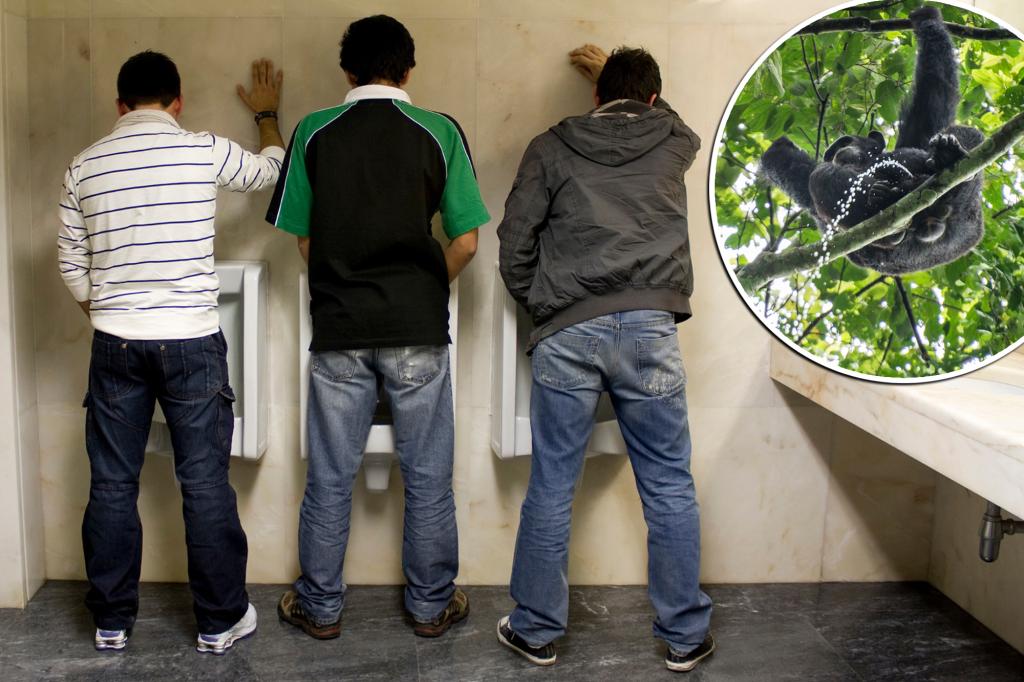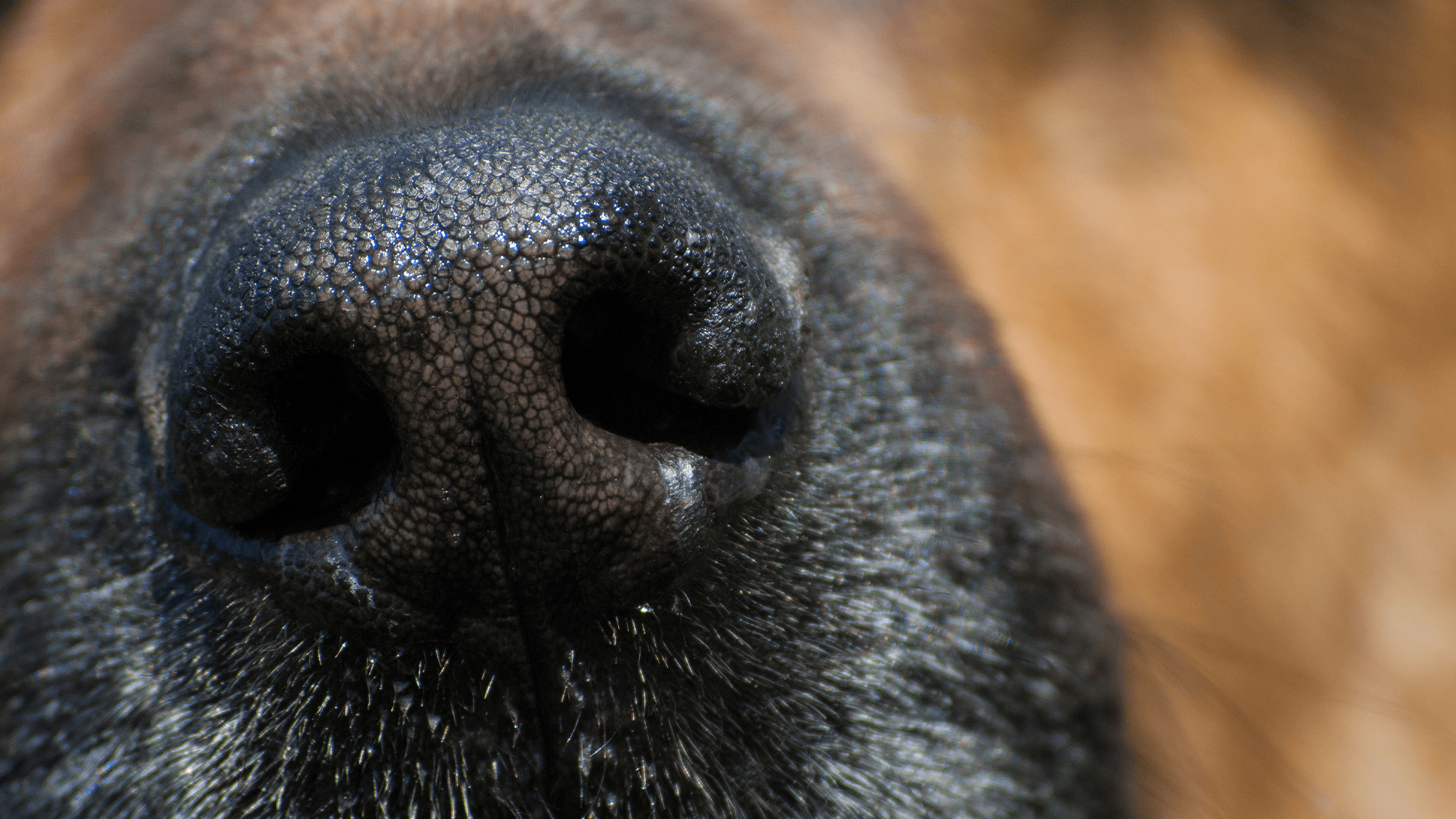
Science Education Revolution: Alabama Embraces Cutting-Edge Curriculum Across All Grades
Revolutionizing Science Education: Savvas Learning Company Gains Alabama State Board of Education Approval Savvas Learning Company has achieved a significant milestone in educational innovation, securing statewide adoption for its cutting-edge K-12 science programs in Alabama. The company's comprehensive, evidence-based curriculum has successfully met the rigorous standards set by the Alabama State Board of Education, positioning itself as a transformative force in science education. By developing standards-aligned instructional materials that blend scientific rigor with engaging learning experiences, Savvas continues to demonstrate its commitment to empowering students and educators across the state. This statewide approval represents a powerful endorsement of the company's dedication to delivering high-quality, research-driven educational solutions that support student learning and academic growth. The newly approved science programs promise to provide Alabama's K-12 students with a dynamic and comprehensive approach to scientific exploration, ensuring that learners are equipped with the knowledge and skills needed to thrive in an increasingly complex scientific landscape.






.jpg)



